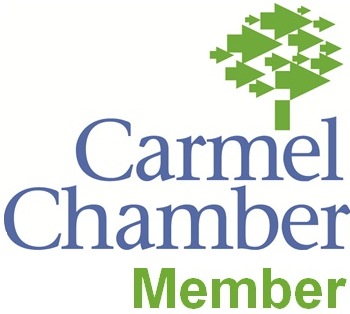5 Common Laws for HOAs
HOAs create rules and guidelines for their residents to follow. However, the HOAs themselves must follow state and federal laws, and their own guidelines cannot violate these laws. Check out these five common HOA laws to ensure your HOA is following them.
HOAs Cannot Discriminate
It is against the law for most HOAs in all states to discriminate based on race, age or handicap. One exception to this rule are retirement communities, which often require residents to be a certain age in order to live in the community, and they are allowed to discriminate against residents who are too young.
HOAs Can Foreclose on Homes
Many HOAs are legally allowed to foreclose on homes or evict people who do not follow the rules or pay their dues. Some states require you to take steps to correct the situation before you evict or foreclose on the home, such as notifying the resident before you attempt to evict
HOAs Can Charge Fees
HOAs run off of money collected from fees. These cover operating and maintenance expenses, and residents are required to pay them. The HOA has the right to increase these monthly dues; however, depending on the state, the law may set these guidelines. For example, in California, you cannot increase monthly fees more than 20 percent a year, and the homeowners must be given notice at least 30 days prior to the change.
HOAs Can Take Legal Action
If a resident fails to follow the rules or pay fees, fines or dues, most HOAs are allowed to take legal action, such as sending the account to a collection agency or filing a lawsuit. Some states have different guidelines. For example, new legislative this year in Colorado require HOAs to attempt to create a payment plan with the resident if dues are delinquent, and they must notify the individual that they will take legal action if it is not resolved.
HOAs Must Follow Federal Laws
In addition to following state laws, HOAs cannot have rules or regulations that are in violation of federal laws. Common federal laws that affect HOA rules include:
- The Fair Debt Collection Practices Act
- The Fair Housing Act
- Department of Labor Laws
- Equal Employment Opportunity Commission Laws
These laws are not required by all HOAs, but they are some of the more common laws. Make sure your HOA rules never violate your state or federal laws.
Publish Site: http://blogs.athomenet.com/2014/04/25/5-common-laws-for-hoas/
HOAs Making It Harder To Rent Homes In Indiana
Rental restrictions in Indiana neighborhoods have increased the last few years. More home owners associations are placing stricter rules on when and how people can rent out homes in Indiana and the trend is likely caused by an increase in the number of rental homes in the state.
Since the recession, real estate companies in other states have been buying a lot of foreclosed properties in Indiana. And they often use them strictly as rental properties. Home owner associations say an influx of rental homes often means more tenants who don’t keep up the home, the yard and respect rules of the neighborhood. And that negatively affects the neighborhood’s property values.
Scott Tanner is the owner of Tanner Law Group in Indianapolis and exclusively serves homeowner’s associations that want to draft rental restrictions such as banning renting if a property’s deed ever changes hands and not allowing renting the first five years someone owns a property. “Up until about two years ago, I had some associations that wanted to put rental restrictions on homes and it was rather difficult to get passed, because it takes such a large percentage of the community to pass an amendment to a set of covenants that restrict the neighborhood.”
But Bloomington realtor Lisa Funkhouser says there’s also another reasons for the uptick in rental restrictions. “Banks have regulations on how many owner-occupied properties can be in a certain designated areas in order to make loans. So that’s the big driving force behind it.”
In other words, the number of rental homes in a neighborhood can affect whether banks are willing to give loans to potential buyers.
-Claire McInerny
Publish Site: http://indianapublicmedia.org/news/hoas-making-harder-rent-homes-indiana-58464/










